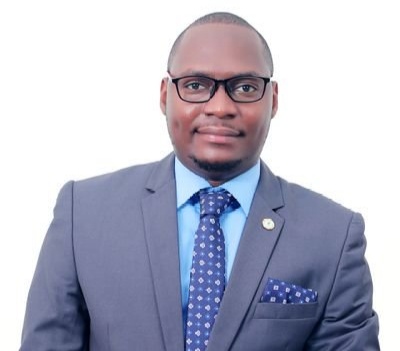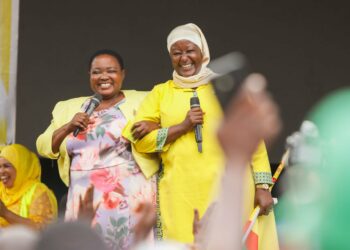The conversations to reduce the size of Parliament are not new only that the talks do not come to fruition. Before I go further into discussing this issue, I want to state that indeed our Parliament is bloated and needs to be unclogged. Uganda, with the smallest economy and population has the biggest number of MPs compared to Kenya (with 349MPs) and Tanzania (393MPs). The smallest in East Africa has the biggest parliament in East Africa. India with a population of 1.4 Billion people has 543 MPs almost the size Uganda’s parliament. There is no logical explanation why Uganda with approximately 40 Million people should have a parliament as that of a country with 1.4 Billion people. Where is the value for our money?
The Parliament is bloated; even if we have all the 527 MPs attend plenary and each is to be given 3 minutes as talking time on the floor of Parliament on just one issue/agenda item, it would take them 1,587 minutes which translates to 26 hours. So it would take almost 2 days for the full house to debate on one issue if each MP were to be given 3 minutes each. We do not suffer/we are not in lack of representation, but rather the effectiveness of the same. The huge Parliament is a burden to taxpayers yet we have not seen equal measure in terms of better participation in the legislation process or effective representation.
We need to put a moratorium on creating any further constituencies until we have assessed what kind of representation we need and the number of MPs thereof. For example, can we amalgamate constituencies into 100 and only have 2 MPs, male and female from each? Or have a cap on the number to only 80 MPs? Repeal all special interests group representation (for they are not effective-).The world is moving towards mainstreaming special interest group issues—you do not necessarily need a youth MP for the youth issues to be considered-you need a movement of youth to push for their issues and hold leaders accountable. Can we open up the role of an MP to public application and vetting and save over the Trillion shillings spent in elections? The Constitution under Article 1 gives us power to determine how we shall be governed-this is not a preserve of politicians alone! We, the people must discuss, debate, and build consensus on how we want to be governed
There are MPs we have never seen in the house since swearing in. Where are they? What are they doing? Why are they still earning? What is the remedy? Why isn’t the speaker causing them to explain their absenteeism or face the disciplinary committee on privileges and rules for disciplinary action? Why should we continue paying MPs who never attend to any of the parliament duties at all? There is also a bunch of MPs who double as Ministers-much as they may at the moment seek constitutional refuge, does it make sense? This is clear fusion of legislature and executive and wastage of public resources. For instance, the same Individual has a car as an MP and also one as the Minister all paid by the payers. The Speaker has been decrying absenteeism of MPs who double as Ministers. When was the last time an MP who doubles as minister ever attended a committee meeting? Isn’t this still their duty for which they were voted for? Some have even never attended to any of the parliament duties in the name of being busy with state duties. What then happens to the voters who voted them to represent them in the house and not “state duties?” Of course, this must be sorted in all ways, it is costing the voters a bid deal.
As Charles De Gaulle put it, politics is a matter too serious to be left to politicians alone, likewise, this is a peoples’ issue and all Ugandans must be concerned and must participate on how they should be governed. This is cemented by Justice Catherine Bamugemereire in the Constitutional Petition No. 13 of 2019 when she states that “In view of Article 1 of the Constitution, it would be a great disservice to the people of Uganda when the institutions which are meant to be the vanguard of the Constitution and who have a duty to uphold democracy do not put in place processes and procedures that enable the people to exercise their sovereignty and their will and to choose how they should be governed in a free and fair manner.”
Away from the MPs as political representatives, It is high time we conducted a comprehensive honest human resource review of parliament as an institution. When was the last human resource review of Parliament ever conducted? How many staff does Parliament have? What is their legal standing? How were they recruited? Who do they report to? As tax payers, we deserve to have honest answers to these questions.
Do you have a story in your community or an opinion to share with us: Email us at editorial@watchdoguganda.com













